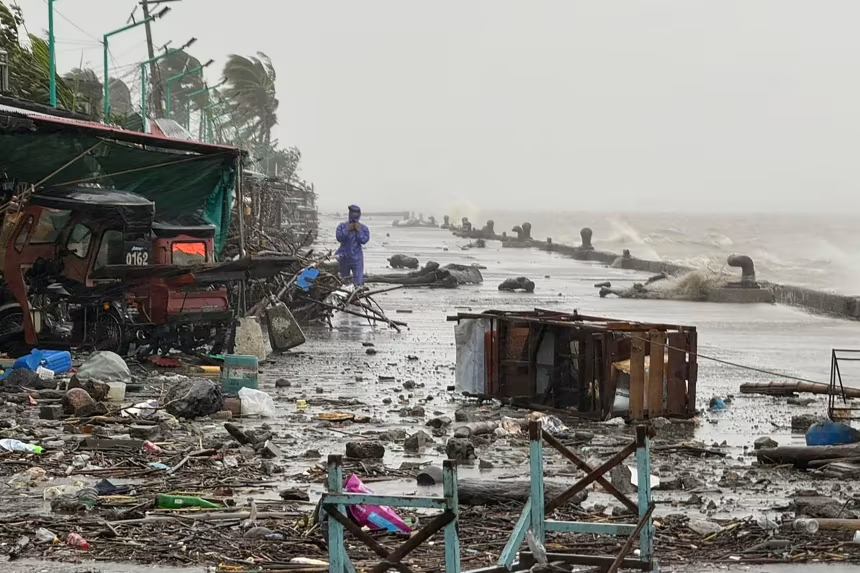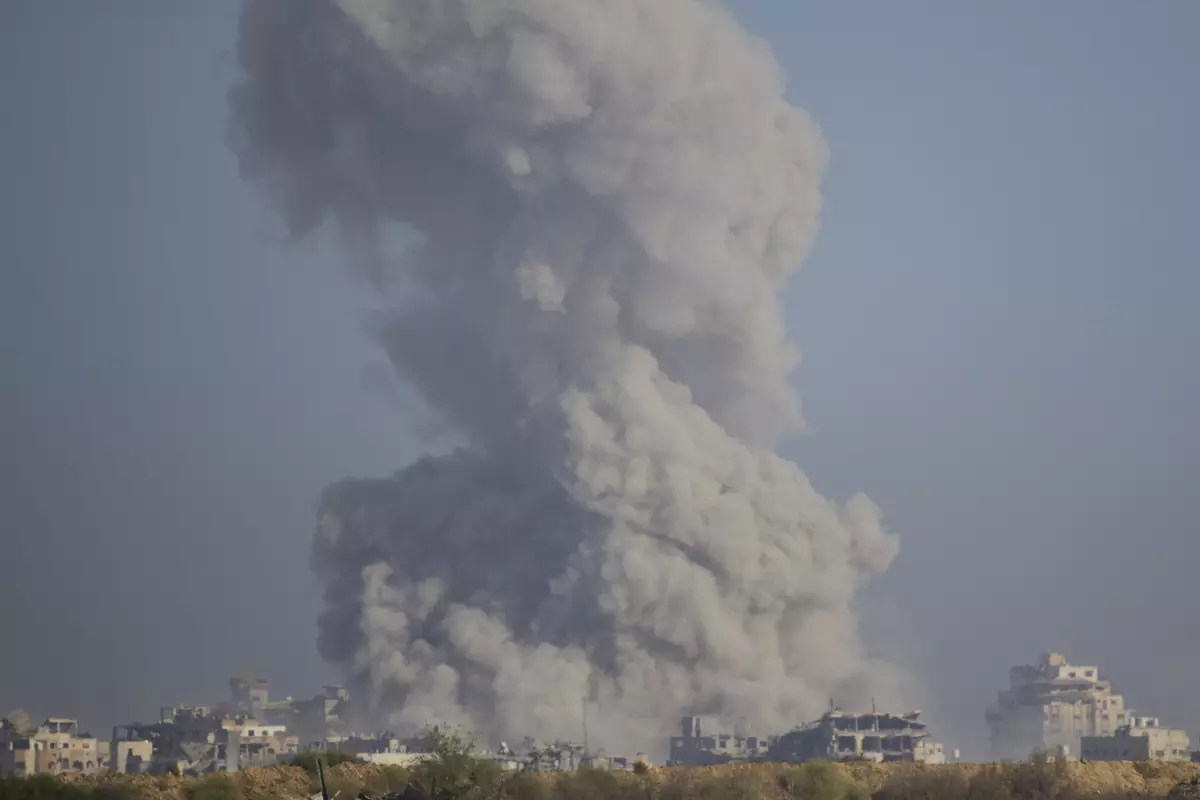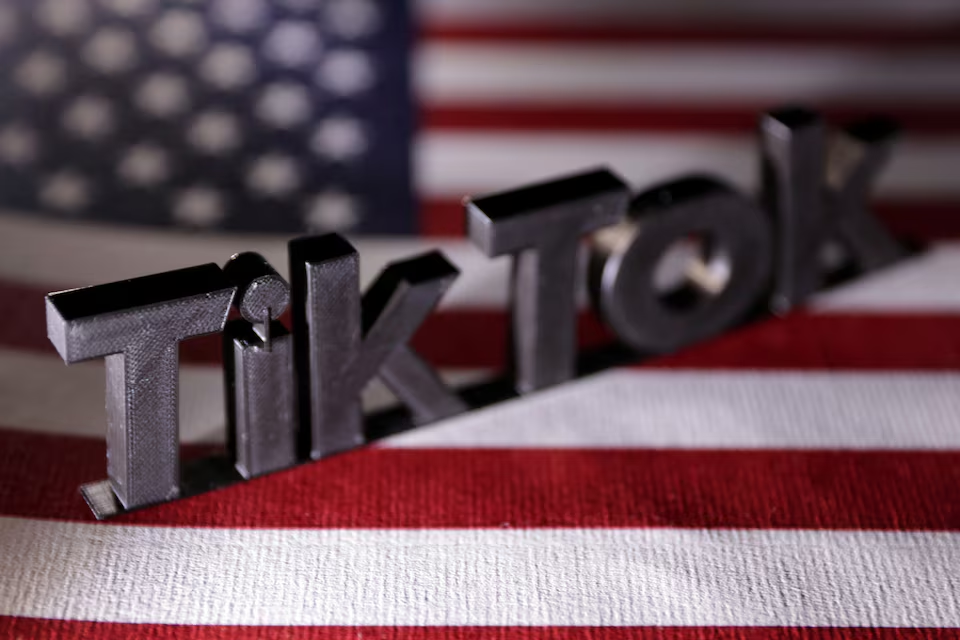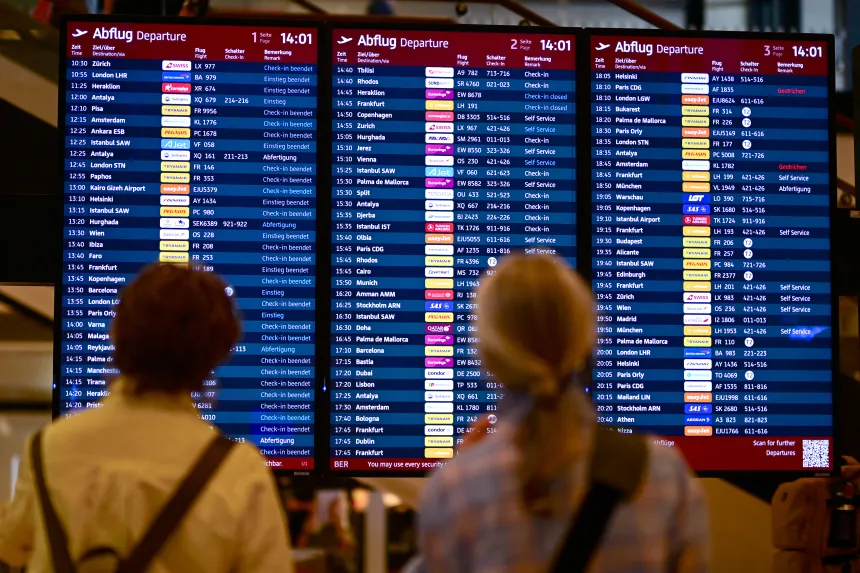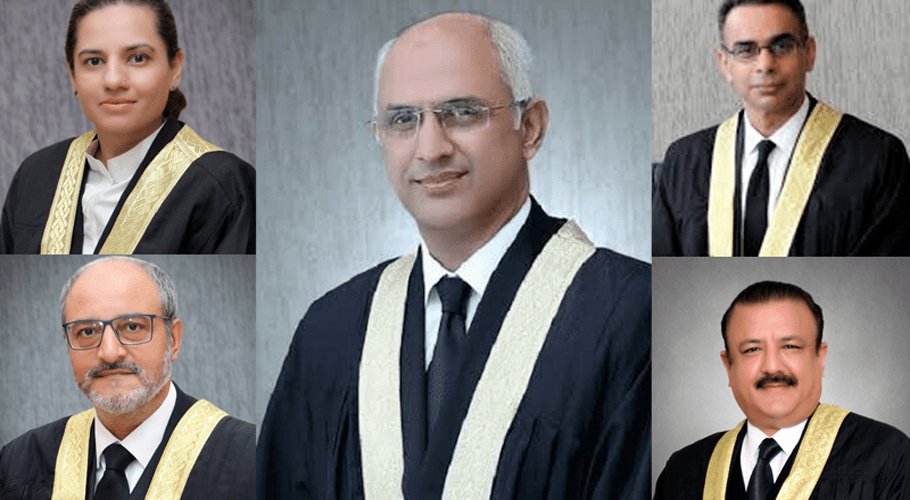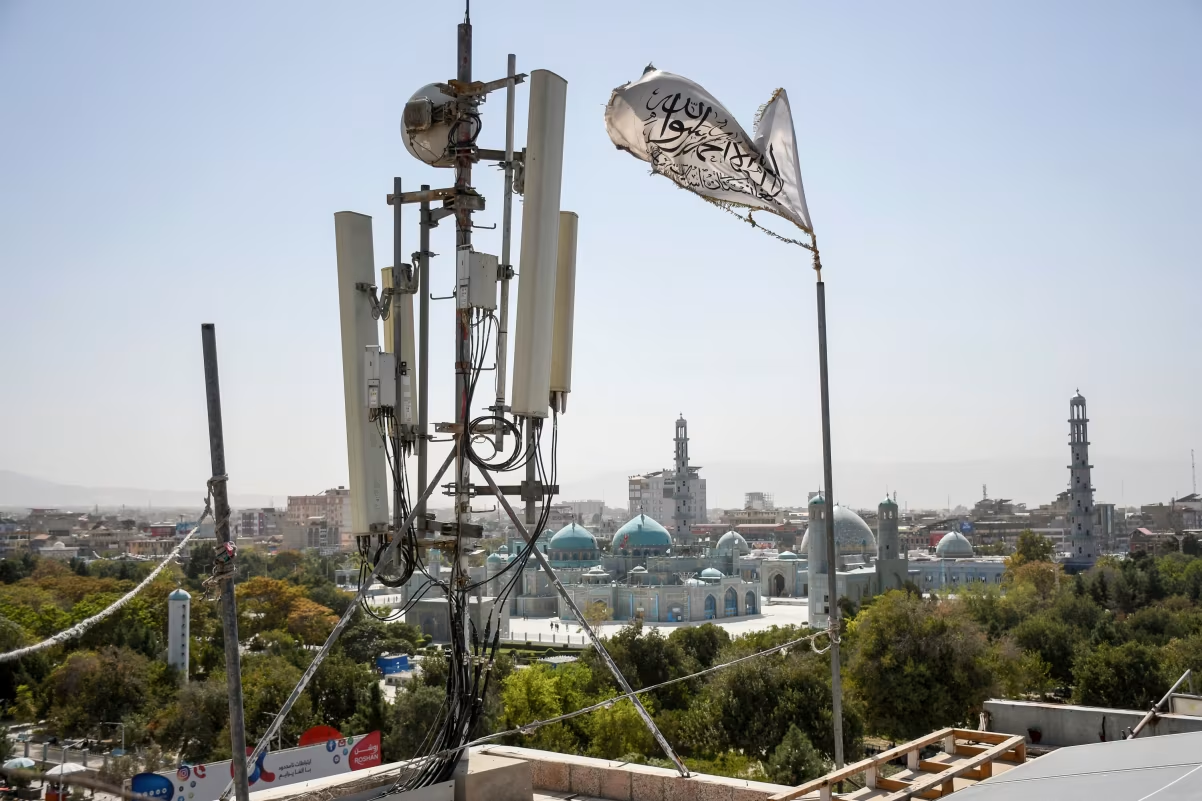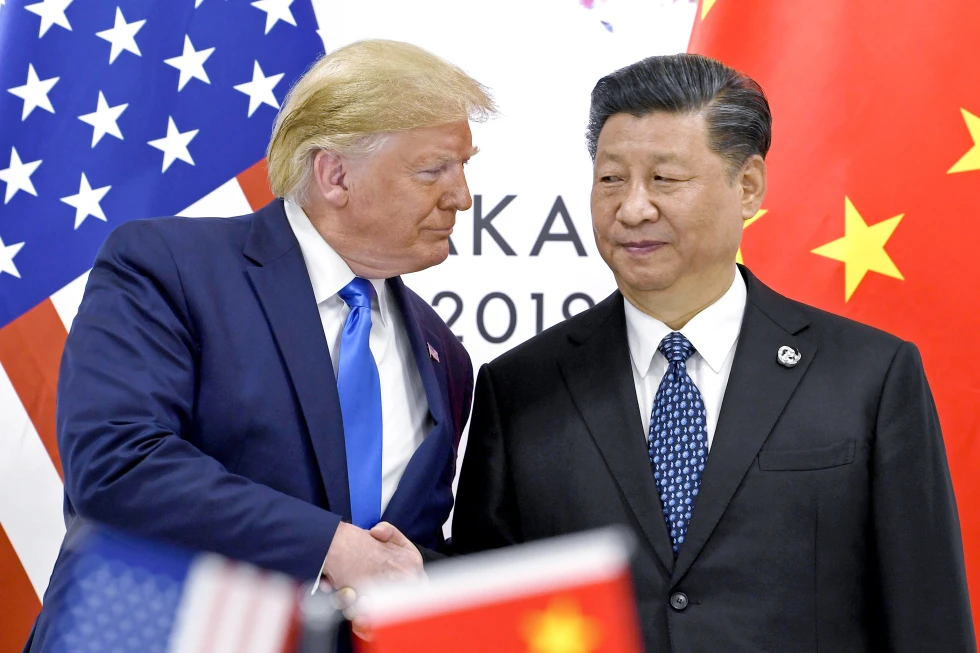South Korea’s presidential campaigns began on May 12, 2025, with candidates pledging to address a faltering economy and political polarization. The snap election, set for June 3, follows former President Yoon Suk Yeol’s ousting after a controversial martial law declaration. Economic concerns dominate, with unemployment worries rising to 45% and inflation a top priority for 38% of citizens, according to Ipsos.
Political instability, coupled with US tariffs, has eroded economic sentiment, with only 8% rating the economy as “good.” Additional pressures include wildfires, a telecom hacking scandal, and a construction sector slump. Candidate Lee Jae-myung, wearing a bulletproof vest due to safety threats, emphasized unity and growth through AI and K-pop industries. The election’s outcome will shape South Korea’s response to global trade challenges and domestic recovery. While candidates promise economic revival, analysts question whether their plans can counter external shocks like US trade policies.





